2023 and 2024 weren’t great years for DC Comics gaming ventures. Suicide Squad: Kill the Justice League‘s failure will almost certainly be studied and picked apart for years to come, but just a few months before it, Gotham Knights landed with a thud, being considered by many to be underwhelming. This pair of underperforming titles may inform the future of DC video games, and while Warner Bros. ought to learn some important lessons from these games, it’s imperative that they be the right ones.
One of the many reasons why Suicide Squad: Kill the Justice League is so disappointing is the history of its developer: Rocksteady had previously worked on the wildly successful and influential Batman: Arkham series. Each of these games follows Batman as he attempts to remedy a crisis, and they do a remarkably great job of conveying the sense of isolation and the one-man power fantasy inherent to Batman stories. Before Gotham Knights, Warner Bros. Montreal’s biggest claim to fame was also within the Arkham series, as it developed the Arkham Origins prequel title, which prides itself on many of the same strengths as the rest of the series. All of this is to say that it’s interesting, to say the least, that both of these studios struck out when stepping away from the Arkham franchise and into the realm of co-op team-up games, indicating that there may be something inherently wrong with the concept.
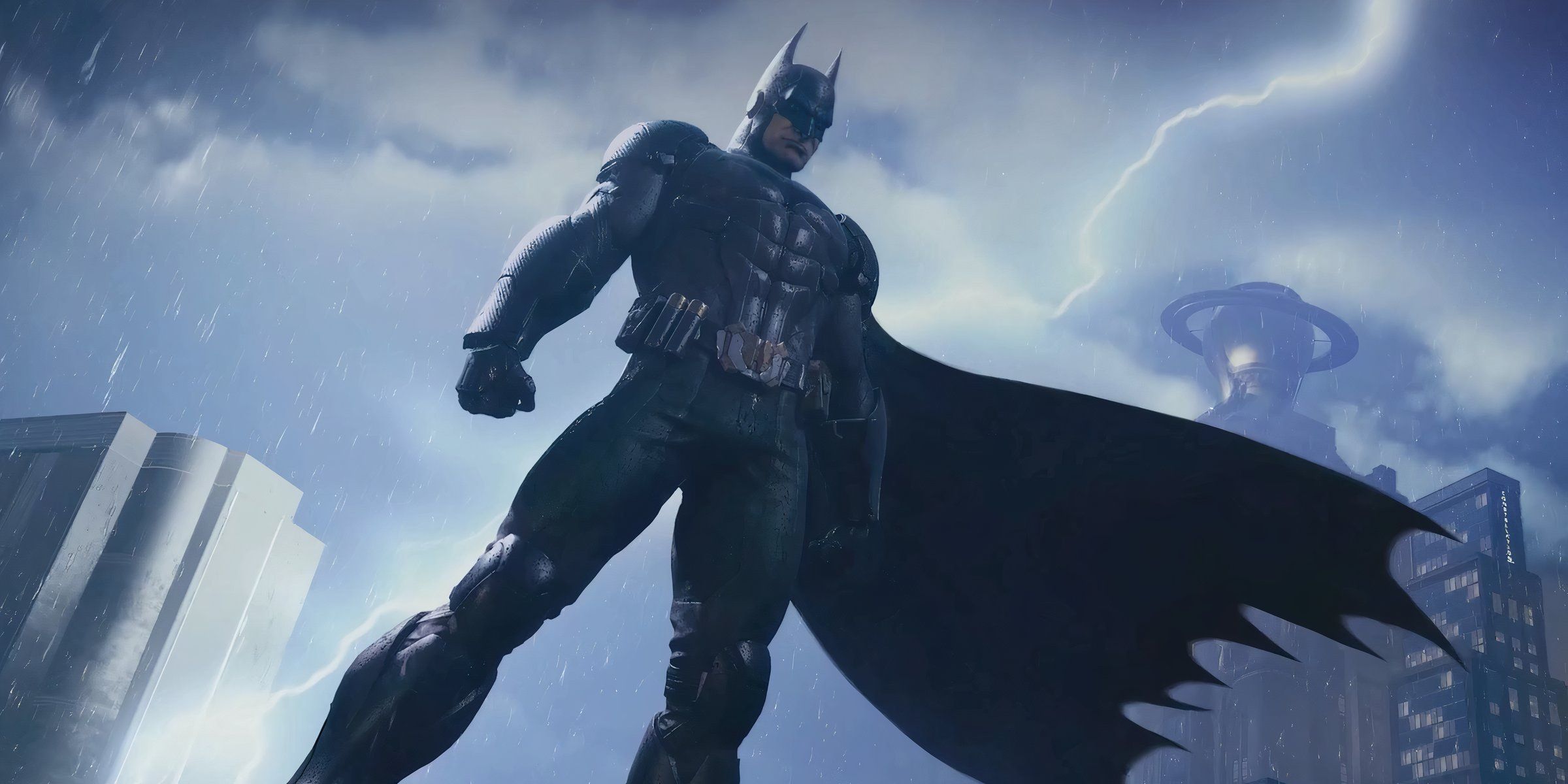
Related
Batman’s Arkhamverse Future Should Be Forever Marred by Suicide Squad: Kill the Justice League
Suicide Squad: Kill the Justice League tugs at Batman left and right and one fateful choice made should haunt Bruce Wayne and the Bat Family forever.
Warner Bros. Shouldn’t Be Permanently Scared Off From Ensemble Superhero Games
Suicide Squad and Gotham Knights Didn’t Fail Because of Their Casts
The reasons for Suicide Squad and Gotham Knights underperforming are myriad and up for debate, but few would argue that their team-based premises were essential factors in their failure. In theory, something like a Suicide Squad game has a lot of potential, even with co-op elements, which many felt were ham-fisted in the final product. The problem, in the case of Suicide Squad, is that these multiplayer elements followed a live-service model that simply wasn’t palatable to most players.
Though not a live-service, Gotham Knights stuck to many tenets of the genre, with a sluggish gear grind, level-gating, and repetitive side content seemingly designed for little more than character progression (not the narrative kind). This is to say nothing of the other shortcomings of these games, which include bland or poorly-penned storytelling and unsatisfying mechanics.
How Future DC Ensemble Games Could Be Improved
Given the poor reception of Suicide Squad and Gotham Knights, it will likely be a while before gaming audiences see another superhero team-up title from Warner Bros. Even if the publisher has a strong grasp on what is wrong with these titles (which seems dubious, based on Warner Bros. apparent desire to be more aggressive with live-service ventures), the one-two punch of these ensemble games in quick succession will probably prompt a hiatus for such endeavors. But when Warner Bros. is ready to revisit this space, there are ways to avoid similar problems.
For one thing, it is becoming increasingly clear that the live-service model is not the goldmine that many publishers and developers seem to view it as. Yes, there are success stories, but for every Fortnite or Warzone, there are far more failures, like Concord, Babylon’s Fall, and Lawbreakers. An ensemble game focusing on the Justice League or The Birds of Prey, for example, could be great, but it would probably need to steer clear of trends like battle passes, mindless gear grinding, and seasonal content that preys on FOMO. Gotham Knights may lack actual live-service elements, but its gameplay and structure clearly follow the same guidelines, so this wisdom applies to it as well.
Source link
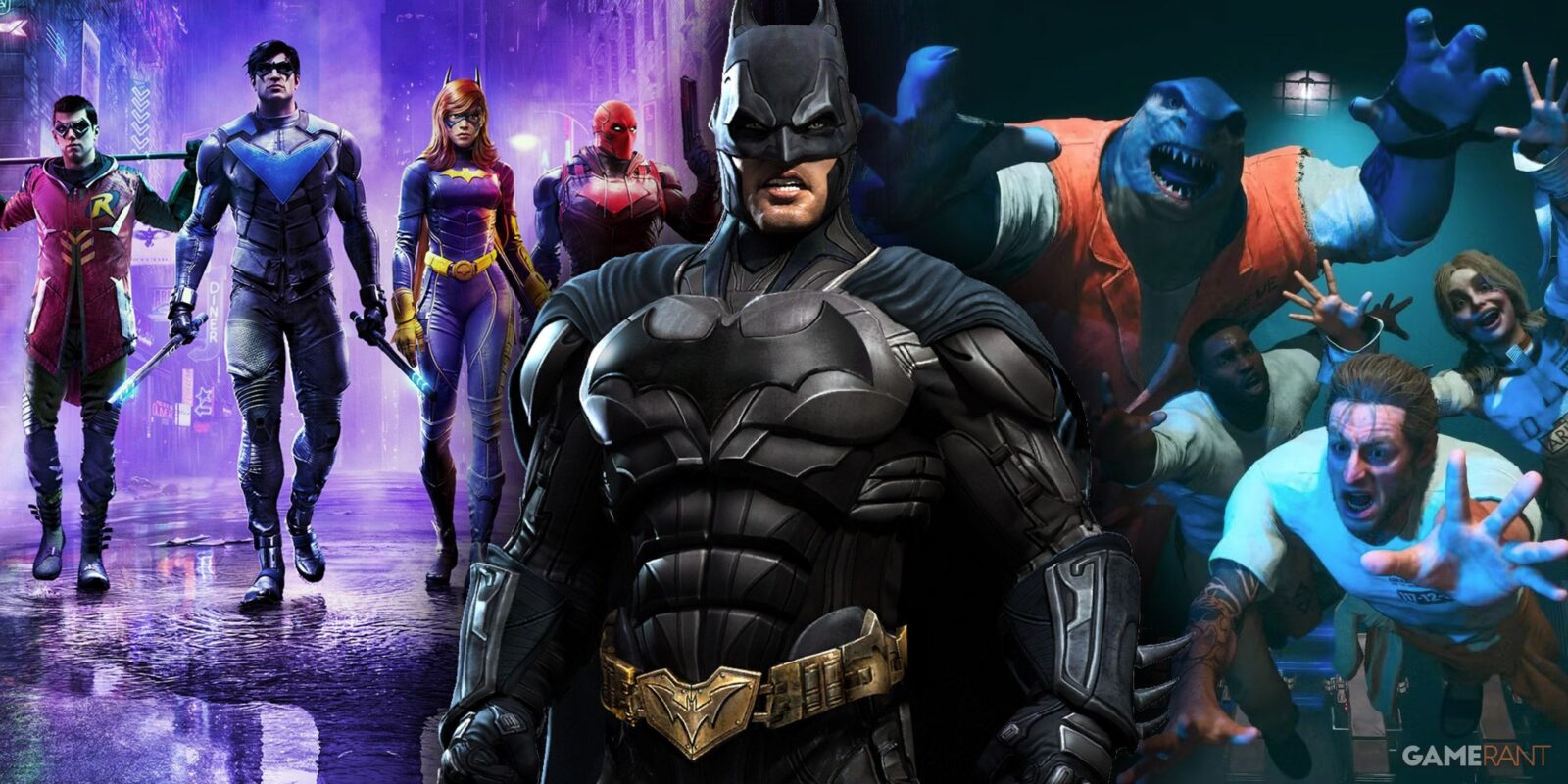
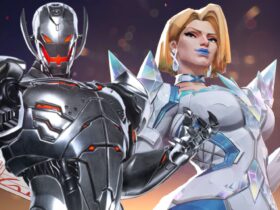
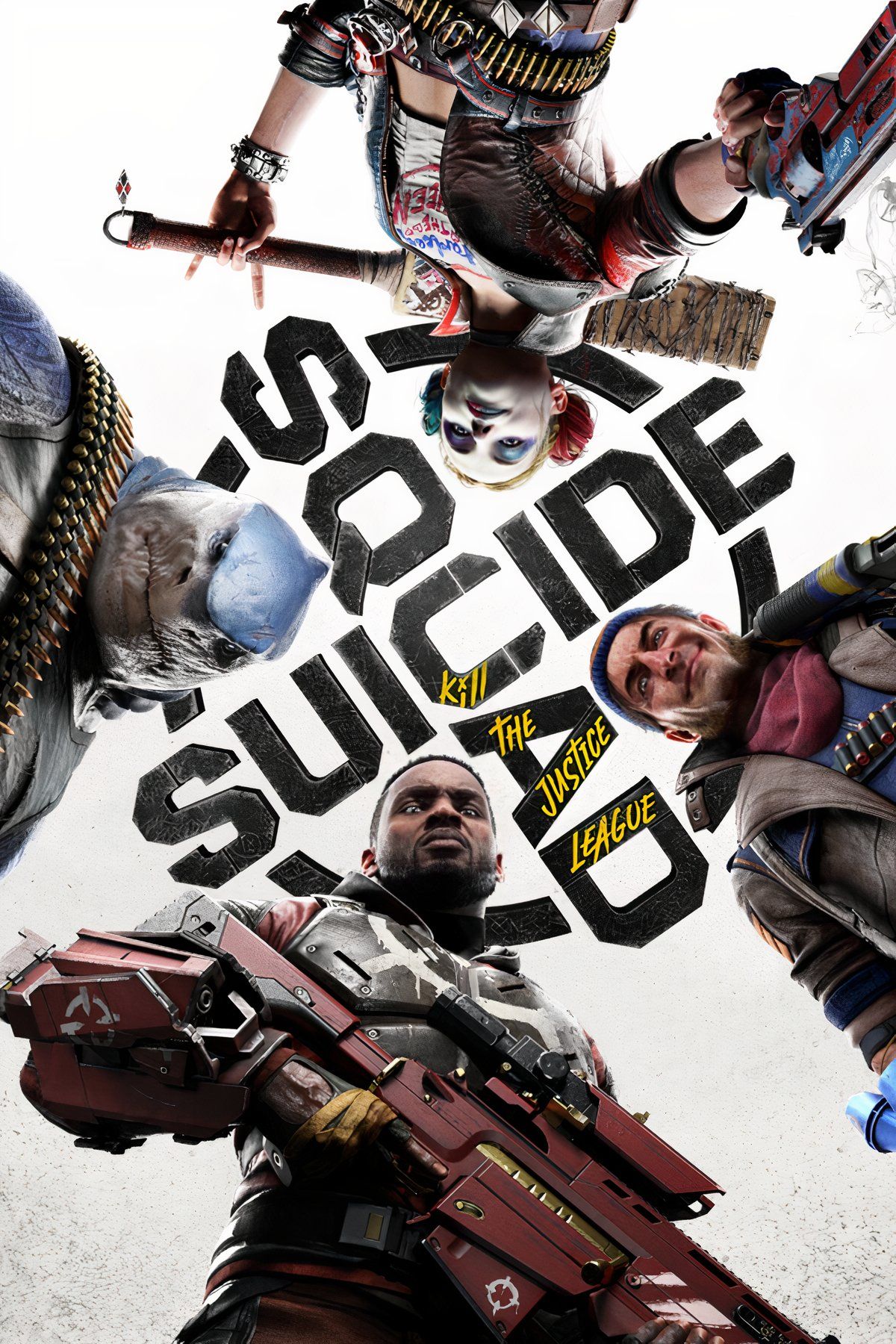



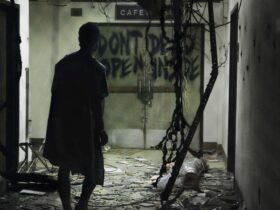




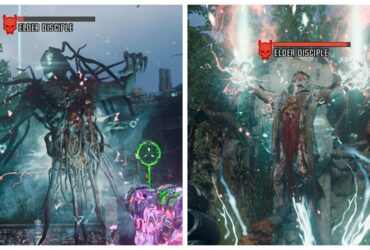

Leave a Reply